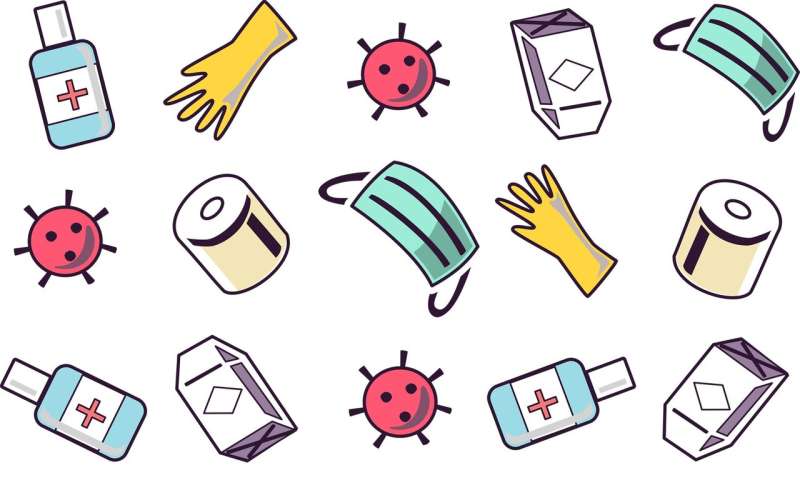
The northern French port city of Le Havre on Monday launched a mass drive to test its 270,000 inhabitants for COVID-19 before a nationwide lockdown is lifted.
After six weeks of seclusion aimed at taming a second wave of coronavirus infections, French people will be allowed move about more freely starting Tuesday.
But with the number of new infections still averaging about 12,000 a day—down from a high of around 50,000 at the end of October but still far above an official target of a maximum 5,000—the government is anxious to step up testing.
Over the next five days, the entire population of Le Havre is invited to get tested for free, with results promised within half an hour.
Former prime minister Edouard Philippe, who is Le Havre’s mayor, cited the British city of Liverpool, which trialled city-wide coronavirus testing last month, as an inspiration.
“In Liverpool, they managed to test one third of its 500,000 inhabitants within four days. If we test 50 percent of the population (of Le Havre), I would be the happiest of men,” Philippe said.
The scheme in Liverpool, where many of those who tested positive for COVID-19 had not suspected they were infected because they were not showing any symptoms, led to a dramatic drop in infection rates.
The northeastern French city of Charleville-Mezieres and nearby town of Sedan, home to a combined 123,000 people, are also conducting mass testing this week.
Two other cities—Roubaix in the north and Saint-Etienne in central France—will follow suit in January.
Health Minister Olivier Veran announced the testing schemes last week while announcing the end of the lockdown in place since October 30. He said that contact tracing would be carried out on those who test positive.
Starting on Tuesday, the French will no longer need to fill out forms justifying their reason for leaving home.
They will, however, be subject to a new 8:00 pm-6:00 am curfew as the country battles to avoid a third wave of coronavirus infections that could require an economically devastating third national lockdown.
The curfew will be waived for Christmas Eve in order to allow families to travel to celebrate together but it will be kept in place for New Year’s Eve, a time when young people particularly usually attend house parties.
Source: Read Full Article
